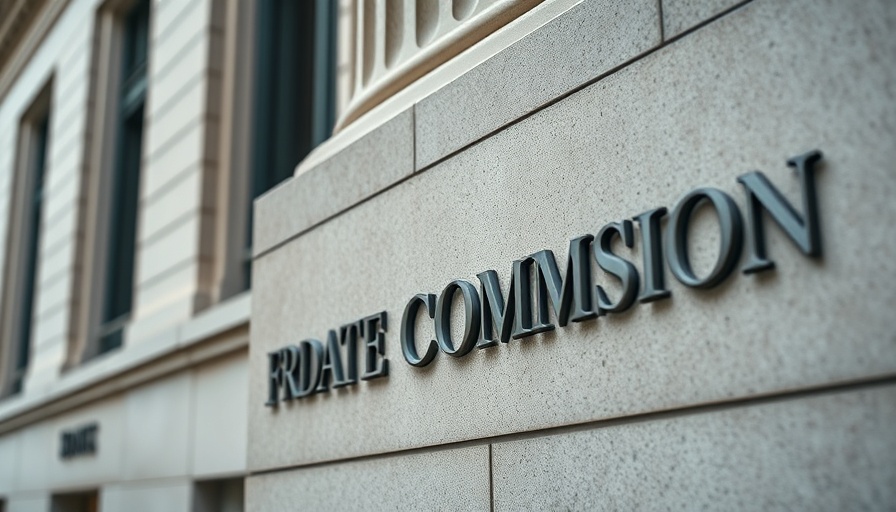
FTC's Persistent Stance on the Indiana Hospital Merger
The ongoing debate regarding the proposed merger between Union Health and Terre Haute Regional Hospital has reached a critical juncture, with the Federal Trade Commission (FTC) once again urging Indiana’s health department to reject the merger. This repeated opposition stems from significant concerns about potential anticompetitive practices that could lead to increased healthcare costs and deteriorating patient outcomes. Union Health’s application for a Certificate of Public Advantage (COPA) aims to facilitate the merger under the pretext of benefiting public health; however, the FTC argues that this move is more likely to harm consumers and healthcare workers alike.
The COPA Mechanism: A Double-Edged Sword
COPAs are intended to streamline the merger process for hospitals, allowing state oversight to counterbalance potential antitrust violations. Indiana, being one of the few states that permits such certificates, has seen a surge of interest in their usage. However, according to the FTC, the adoption of COPAs might paradoxically encourage hospital consolidations that raise costs and diminish care quality. Historical evidence suggests that hospitals operating under COPAs frequently exhibit increased prices and reduced service quality. For instance, examples from other states demonstrate that healthcare systems with COPAs often fail to meet established quality metrics and have worse outcomes for patients, thus raising alarms about the proposed Union-Terre Haute merger.
Profitability vs. Closure: A Misleading Argument?
Union Health has claimed that Terre Haute Regional may face closure without the merger. This argument has been met with skepticism from regulators who contend that the hospital has been profitable from 2018 to 2023, implying it is not at immediate risk of shutting down. Such assertions have led to growing scrutiny of whether merger proposals often mask underlying economic stability with threats of facility closures. Experts suggest that this tactic of invoking potential hospital closures to gain regulatory approval is frequently overplayed, as competition generally yields better prices and services.
Patient Advocacy and Consumer Concerns
The FTC’s opposition reflects broader consumer apprehension regarding healthcare costs and accessibility. Advocates argue that reducing hospital competition can lead to a monopoly-like environment, ultimately harming consumers through higher prices and inferior care quality. They emphasize the importance of maintaining competition between hospitals like Union and Terre Haute Regional, asserting that it incentivizes these institutions to improve services and innovate to attract patients. As regulatory bodies weigh these options, the voices of patient advocates and consumer groups continue to be critical in shaping public health policy.
What Lies Ahead for Healthcare in Indiana?
As the Indiana Department of Health deliberates on the future of the proposed merger, the outcomes of this case could set a precedent for future hospital mergers in the state. Should the merger be denied, it may embolden other states to reconsider how they utilize COPAs and approach hospital consolidations. Conversely, an approval could lead to mounting regulatory scrutiny of other healthcare consolidations across the nation, changing how hospitals operate in a competitive landscape.
Take Action: Stay Informed and Engaged
The fight against potentially harmful healthcare mergers is ongoing. Consumers must remain vigilant and informed about the implications of such decisions on healthcare costs and access. Engagement in local health initiatives and understanding the complexities behind healthcare regulations can empower consumers to advocate for their rights and well-being.
 Add Row
Add Row  Add
Add 




 Add Row
Add Row  Add
Add 



Write A Comment